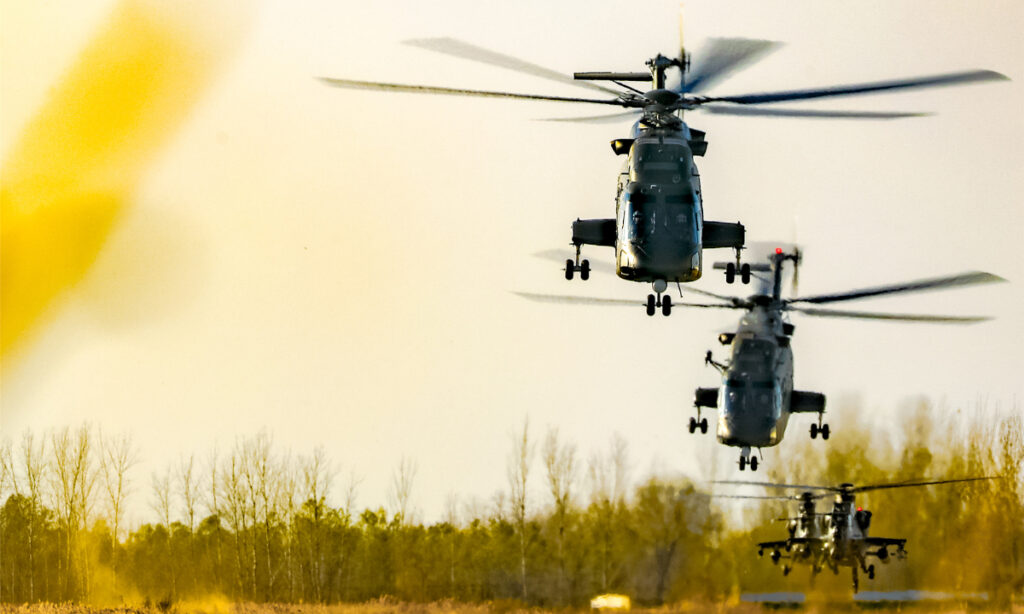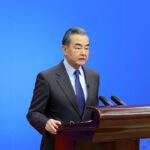The US and Japan both announced on Friday increases in their defense budgets for next year, naming Taiwan question among reasons for the spending hikes. This reflects that the two countries are preparing to interfere in the Taiwan question militarily, and it requires China to enhance combat readiness and be ready to defend national sovereignty and territorial integrity, experts said on Sunday.
US President Joe Biden on Friday signed the National Defense Authorization Act into law, authorizing $817 billion spending for the Pentagon for fiscal year 2023, $45 billion more than Biden’s budget request earlier this year, CNN reported on Friday.
The massive defense spending bill involves fund support for Ukraine and the island of Taiwan, according to CNN.
Also on Friday, Japan approved a record-high $51 billion draft defense budget for fiscal 2023, up 26.3 percent from the current fiscal year, rising for the 11th straight year, Kyodo News reported on the day.
The move came after Japan pledged to acquire capabilities to strike other countries in a major policy shift under the country’s war-renouncing Constitution, as Japan is facing “severe security challenges from China, North Korea and Russia,” Kyodo News said.
Raising defense budgets is a method both the US and Japan chose in their schemes to contain China, and the Taiwan question, a pure internal affair of China, is being used by them as a card, Chinese analysts said.
With defense spending hikes, it is obvious that the US and Japan are expanding their armed forces and preparing for war, Wei Dongxu, a Beijing-based military expert, told the Global Times on Sunday.
Both the US and Japan are becoming more prepared to intervene in the Taiwan question, as they are planning to procure and deploy new weapons and equipment focusing on the Taiwan Straits, Wei said.
The US is rallying up its allies including Japan to carry out its Indo-Pacific strategy with the Taiwan question as a hook, and Japan is taking this opportunity to break away from its post-war international status at the risk of returning to a militaristic path, observers said.
This requires China to be ready to defend itself, including enhancing intelligence, surveillance and reconnaissance capabilities in the air, at surface and underwater, organizing effective naval and aviation forces in tracking and expelling hostile forces and developing more advanced weapons and equipment, Wei said.
But China will not participate in an arms race and will develop the country’s national defense based on its actual needs, analysts said.
After sailing through the Miyako Strait on December 16, the Liaoning aircraft carrier group of the Chinese People’s Liberation Army (PLA) Navy has hosted about 180 fighter jet and helicopter takeoff and landing exercises in the West Pacific south of Japan and east of the island of Taiwan by Thursday, according to a press release by Japan’s Ministry of Defense Joint Staff on Friday.
It demonstrated the PLA’s capabilities in safeguarding national sovereignty, territorial integrity and development interests, experts said.
(Global Times)




